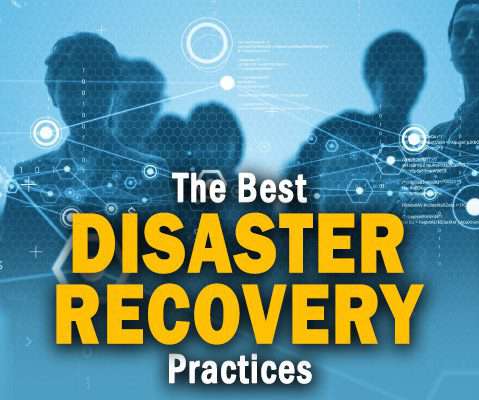BCM Basics: Introduction to Business Continuity as a Service (BCaaS)
MHA Consulting
JANUARY 12, 2024
This post is part of BCM Basics, a series of occasional, entry-level blogs on some of the key concepts in business continuity management. Many people are familiar with Software as a Service (SaaS), the cloud-computing model in which software applications are delivered over the internet. We’re also available any time on demand.












Let's personalize your content